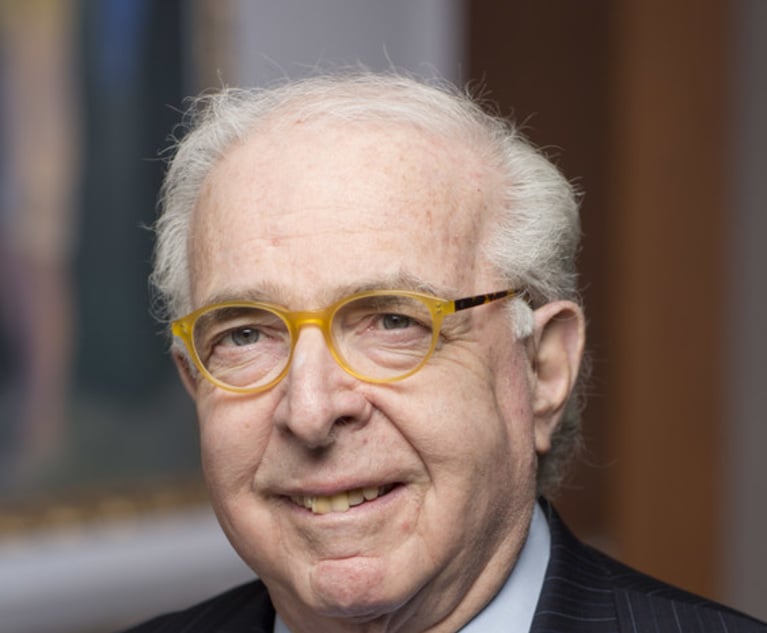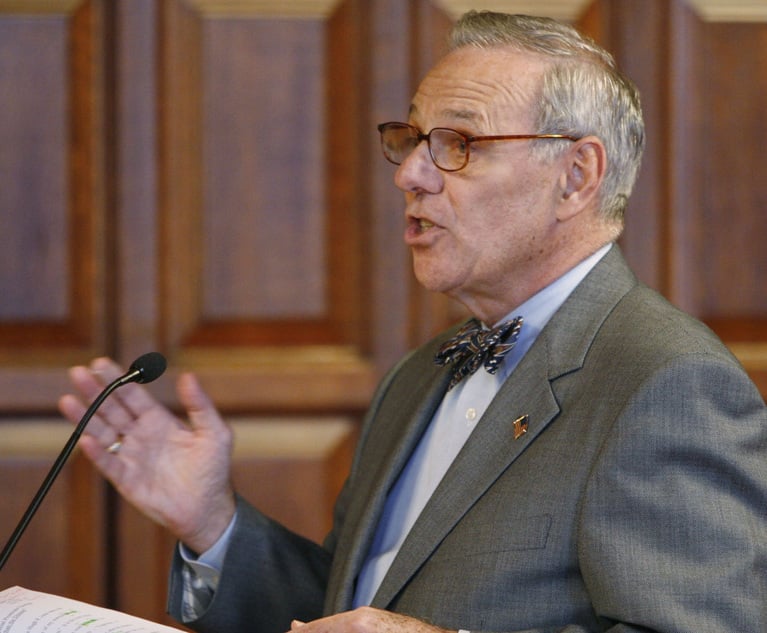 The coronavirus pandemic is impacting virtually every aspect of our lives, transforming the way people interact, businesses operate, and institutions function. The response to the pandemic is also raising numerous constitutional dilemmas. National emergencies—such as World War II, the Great Depression, and 9/11—have always done this. However, the coronavirus is set to test our Bill of Rights more broadly than any other event in recent memory.
The coronavirus pandemic is impacting virtually every aspect of our lives, transforming the way people interact, businesses operate, and institutions function. The response to the pandemic is also raising numerous constitutional dilemmas. National emergencies—such as World War II, the Great Depression, and 9/11—have always done this. However, the coronavirus is set to test our Bill of Rights more broadly than any other event in recent memory.
An analysis of the coronavirus’s impact on constitutional law could fill the pages of a book. This article surveys just some of the ways in which government responses to the virus pose thorny issues under the First, Second, Fourth, Fifth, Sixth, Eighth, and Tenth Amendments. Many of these issues are already being litigated; others loom on the horizon. By the time the coronavirus is placed under control, which could be months or even years from now, its effect on constitutional jurisprudence—like its effect on nearly all facets of society—will likely be profound.






